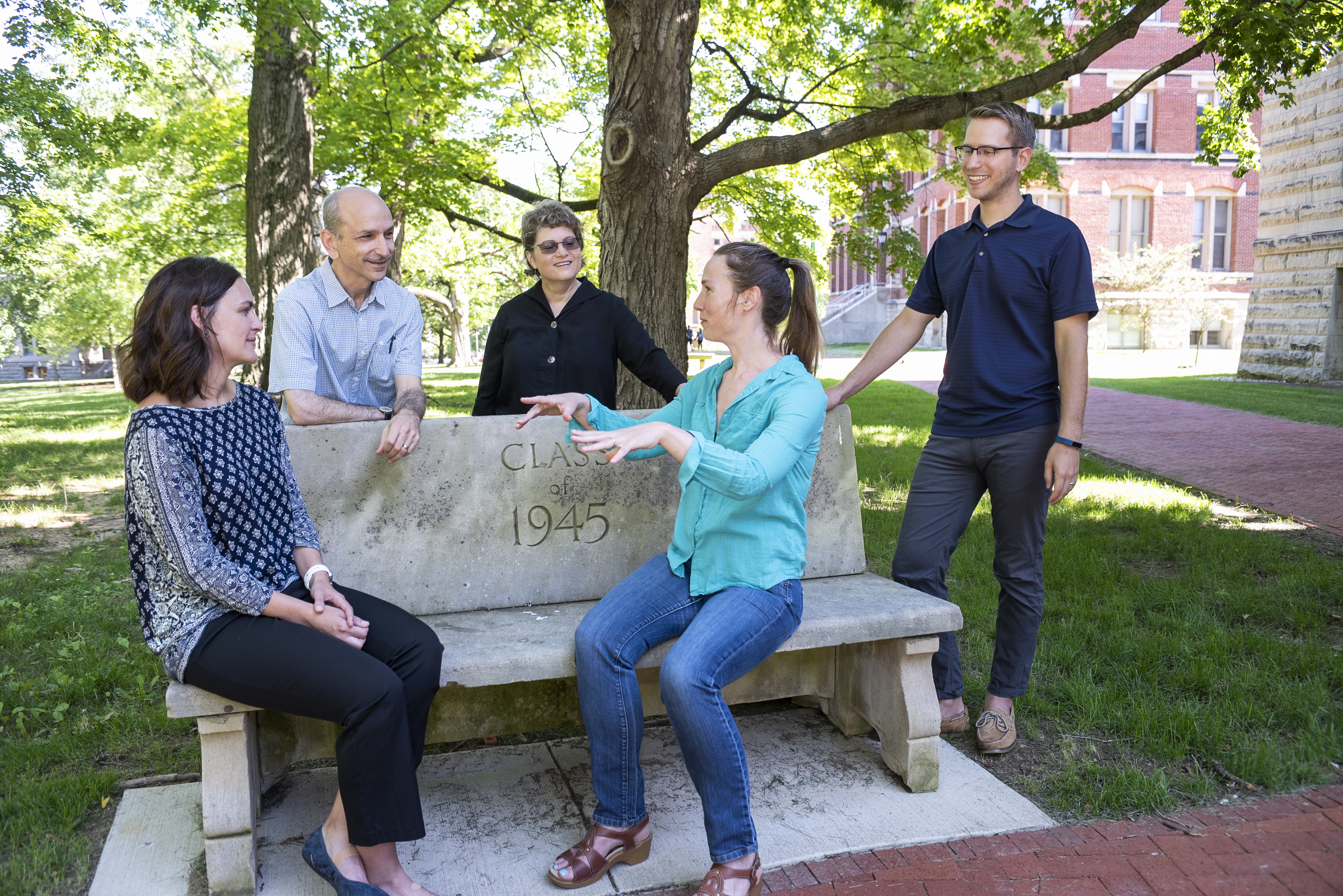What does the Lynchburg area have in common with Indiana? A consistent vote for conservative candidates, for one thing. And maybe this common ground, too: growing — but largely silent — worries about climate change.
The heat has been gathering fast here in Virginia for decades, according to the State Climatology Office (see chart), and will be catastrophic if the trend continues. Sea level rise is already starting to swamp our coastal cities. None of that is in question. Indiana’s feeling its own impacts but they — and we — aren’t talking much about the threat and how to meet it. Why?
Well, Indiana’s conservatism is not to be doubted. It ranks first among the states in the percentage of its population that identifies as conservative. Its former governor is Vice President Mike Pence. Donald Trump won the state in 2016 by nearly 20 points, and the president calls global climate research “fake science.”
But recent intensive polling and interviewing by Indiana University finds unexpected data: a majority of voters there accept that climate change is real — including 66 percent of Republicans — and their concern is growing. (The figure was 91 percent for Democrats). A strong majority of those polled — 75 percent — support initiatives to address climate change impacts.
Just the same, most of them think that’s a minority opinion, the survey found. And that misperception, IU researcher Matt Houser tells me, is crucial. It means that fewer people want to say much about climate change at all, especially among friends and relatives. They’re afraid they’ll give offense, or be challenged, or that theirs is an isolated, minority opinion without much support in the community.
Additional coverage from The Roanoke Times



